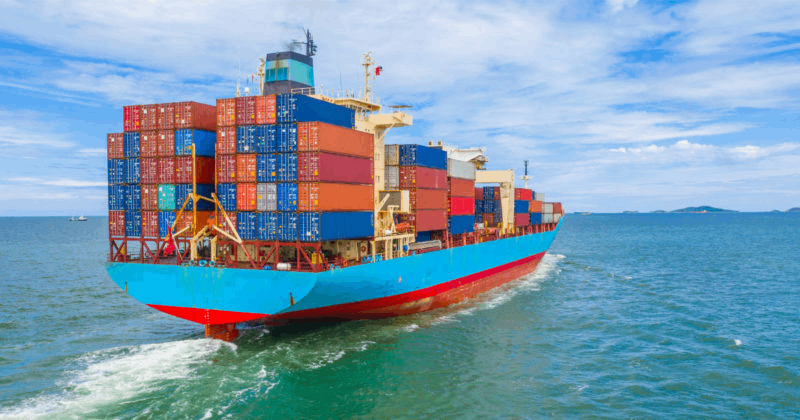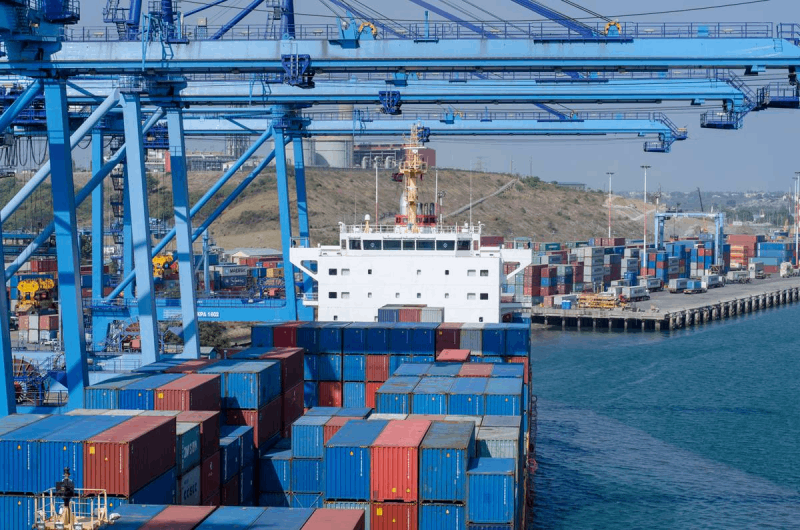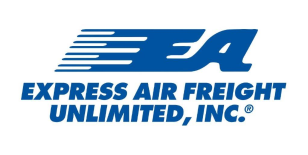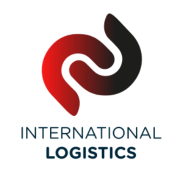Time:2022-03-28 Publisher:Kevin Num:8038

Recently, the Suez Canal Authority issued a heavy message, announcing that the passage fee of ships will be comprehensively increased from May 1. Especially for container ships passing through the north, the surcharge increased by nearly 20%.
For other types of ships such as container ships, it is not a small cost. This may have an impact on the global trade situation.
In fact, so far, the Suez Canal has made many adjustments. Among the surcharges that came into effect on November 1 last year, the charging proportion of southbound ships is 2% - 29%, and that of northbound ships is 4% - 37%.
In February 2022, the authority increased the cost of ships passing through the canal by 6%.
(Related reading: Warning! The two canals will increase shipping charges in the future)
It is understood that the cost is applicable to almost all types of ships. Including oil tankers, bulk carriers and bulk carriers. The rise in costs will only be passed on to the shipper.
However, the Suez Canal Authority said the increase was only a temporary move. "Due to the significant growth of Global trade and the improvement of Suez Canal services." In the future, it may be adjusted according to the global shipping situation.
This is the second increase in the toll of the canal. The increase in the canal's fully loaded ships was effective from March 1. The recently issued charging notice will take effect on May 1.
The authority changed the increase of tanker tolls from 5% to 15%. In addition, oil tankers still need to pay a surcharge of 5% of the toll. The increase in the cost of chemical carriers and other tankers was changed from 10% to 20%;
The increase in the cost of dry bulk carriers was changed from 5% to 10%; The increase in the cost of vehicles, general cargo ships and multi-purpose ships was changed from 7% to 14%.

As we all know, the Suez Canal is located at the junction of Europe, Asia and Africa. It is one of the most important shipping routes in the world. 10% of cargo ships in Global trade, including 7% of oil tankers, pass through it.
Wael kaddour, a former senior member of the Suez Canal Authority, believes that the authority should take a long-term view, meet challenges and maintain competitiveness by introducing modern technology.
However, analysts expect that the conflict between Russia and Ukraine will not bring greater setbacks to the Suez Canal. As European countries turn to the Gulf region to find new sources of energy, the conflict between Russia and Ukraine may bring benefits to the canal.
Although the current situation seems to be conducive to the revenue of Suez Canal, some analysts believe that airlines may transfer the increased costs to cargo owners, which will be reflected in the freight rate in the second quarter.



